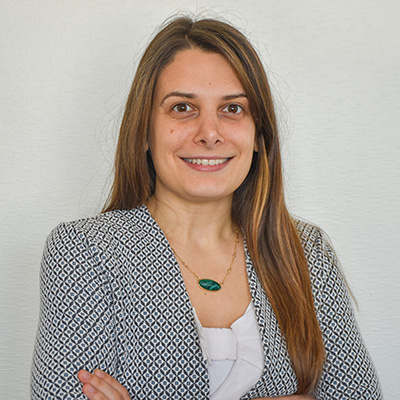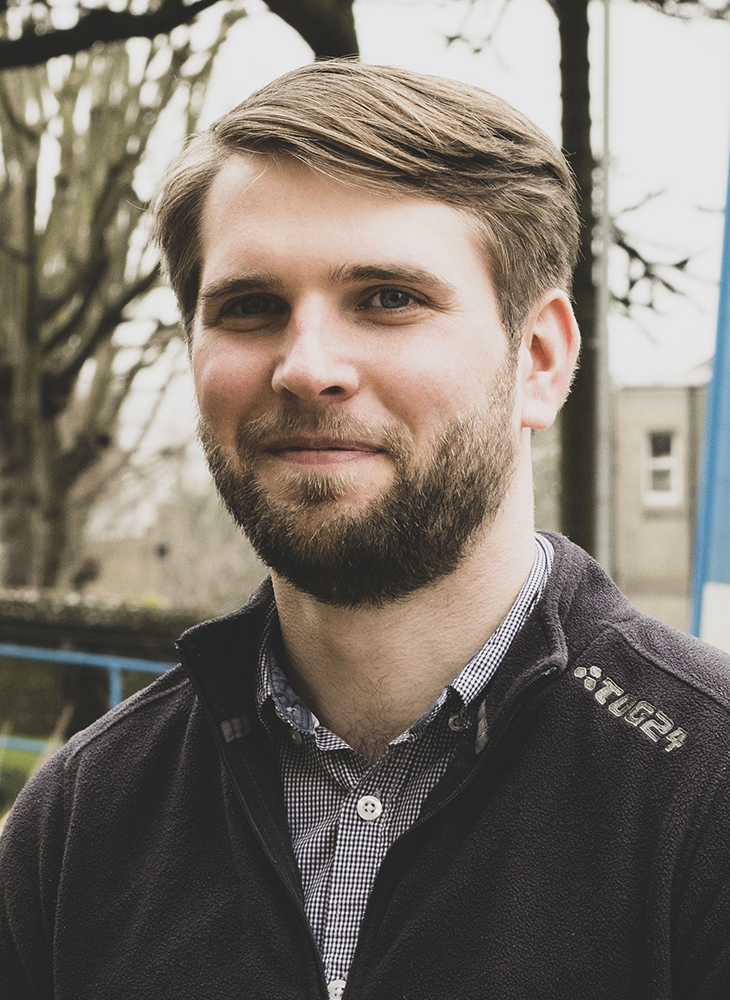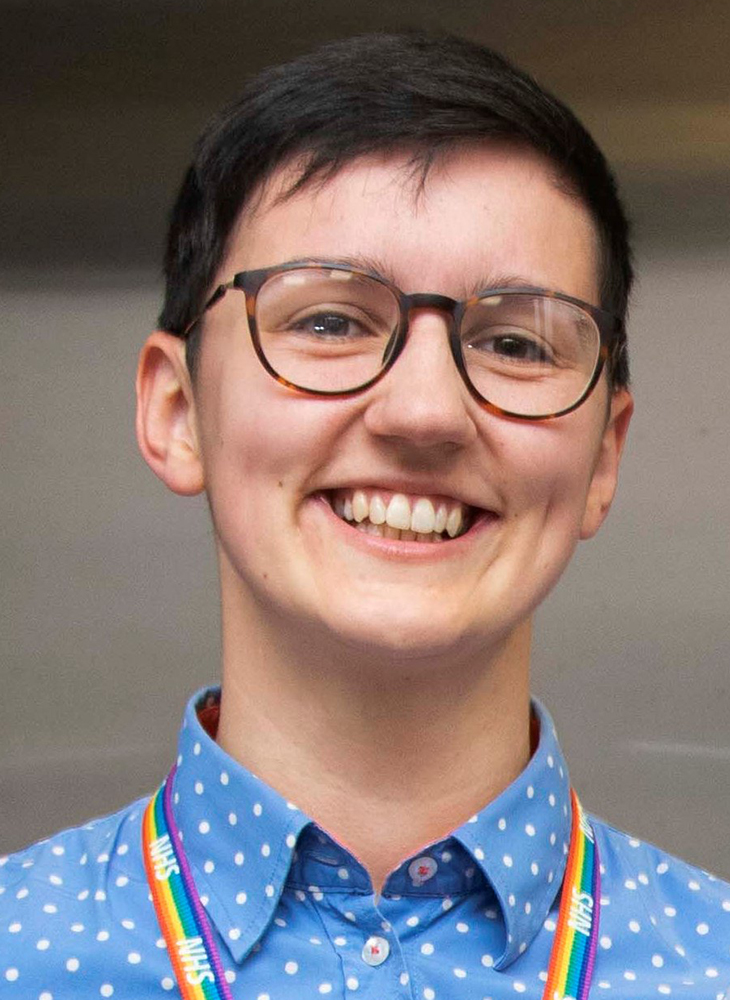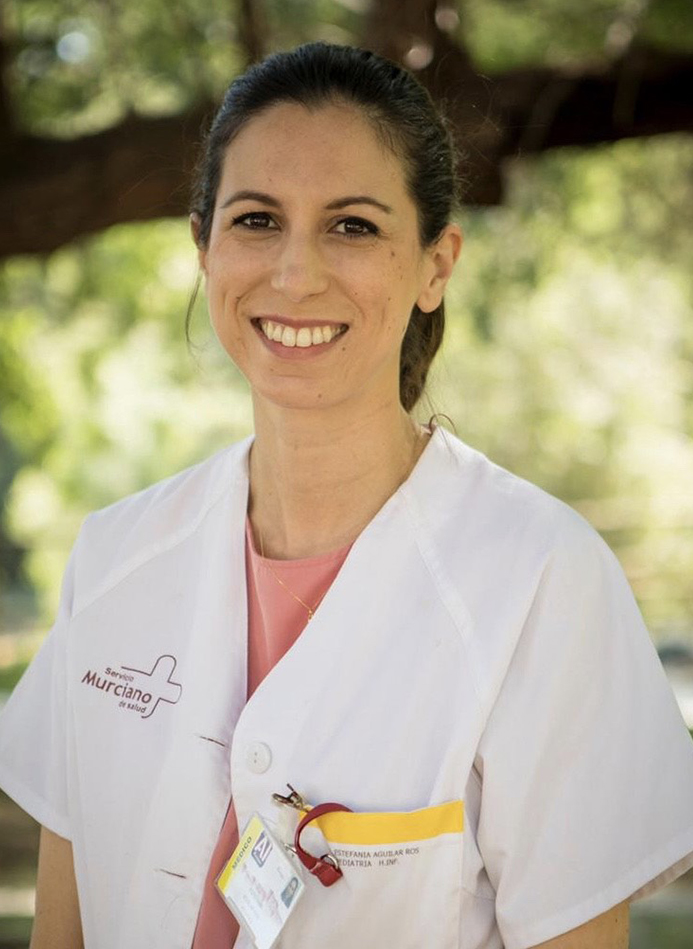Webinar recording | Towards plastic-free healthcare
A recording of this webinar is available below along with featured presentations
Plastics play an important role in providing healthcare, but it is important, however, to recognise the negative health and environmental impacts of certain plastic materials. There are threats to health and environment across the lifecycle of plastics, from the extraction of oil and gas, the exposure to toxic additives, and the waste generated.
Specialist healthcare devices are still produced using plastics made from toxic materials despite the availability of safer alternatives. Recycling rates for plastic waste in healthcare are typically low across Europe, even though 85% of healthcare waste is comparable to domestic waste; a large majority of healthcare’s plastic waste is needlessly sent to landfill or incinerated, hampering the transition towards a circular economy.
Although there are technical challenges to reducing and replacing plastics in healthcare, particularly in the short term, many hospitals are already committing and taking steps to reduce their use of plastics.
European members of the Global Green & Healthy Hospitals network are working to minimise their use of disposable plastics and replace them with safer alternatives. In this webinar our speakers, who are also participants in our project Towards plastic-free healthcare, provided their insight into this work and outline how they are working to overcome some of the challenges they have encountered during this process.
Webinar recording
In this webinar we:
- Presented our latest project Towards plastic-free healthcare
- Highlighted and shared best practices in reducing plastic waste in healthcare facilities
- Inspired other hospitals and healthcare providers to start tackling the plastic challenges
- Encouraged discussion on ways for healthcare facilities to reduce plastic waste
- Raised awareness on the risks that plastics pose to health and to the environment
Speakers and presentations
[Moderator] Arianna Gamba, Procurement Policy and Projects Officer - Health Care Without Harm Europe

![]() 1.Intro_Plastic-free-healthcare.pdf
1.Intro_Plastic-free-healthcare.pdf
Arianna oversees the Towards plastic-free healthcare project and coordinates HCWH Europe’s contributions to the Sustainable Health in Procurement Project (SHiPP). With a European MSc in Health Economics and Management, she also has international experience in non-profit, intergovernmental, and business sectors of cooperation and development, international affairs, healthcare and sustainability.
Oliver Slaughter, Sustainability and Environmental Manager - Sussex Community NHS Foundation Trust

Oliver delivers wide ranging sustainability projects within Waste management, Circular Economy, Travel and Wellbeing work streams. Previously Oliver studied BSc (Hons) Environmental Science at Plymouth University and has worked within the Trust’s pioneering Care without Carbon team for 3 years.
Estefanía Aguilar, Paediatrician - Hospital University Virgen of Arrixaca
Estefanía finished her medical degree at the University of Murcia and her speciality at Hospital Fundacion Jimenez Diaz in Madrid. She previously volunteered in Cameroon, where she was responsible for neonatal care whilst learning about tropical diseases, she later worked in Belgium with a particular focus on environmental health and breastfeeding. She currently works on environmental toxics in reproduction and childhood and is the doctor responsible for the breastfeeding bank donation process.
Amy Johnston, Sustainability Officer - The Newcastle upon Tyne Hospitals NHS Foundation Trust

![]() 4.Reducing-single-use-plastics-in-catering.pdf
4.Reducing-single-use-plastics-in-catering.pdf
With a master’s degree in Clean Technology from Newcastle University, Amy assists in the management of waste, carbon emissions, and wider sustainability throughout the Trust. The Trust was the first healthcare organisation in the world to declare a climate emergency; Amy has worked on a number of projects to improve the sustainability of catering, including the use of single use plastics within its delivery.


